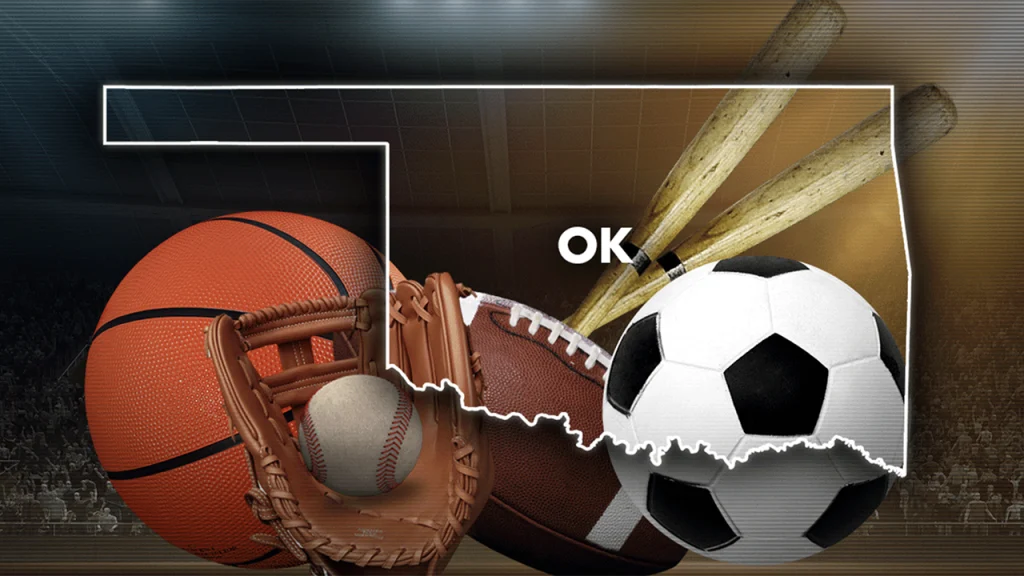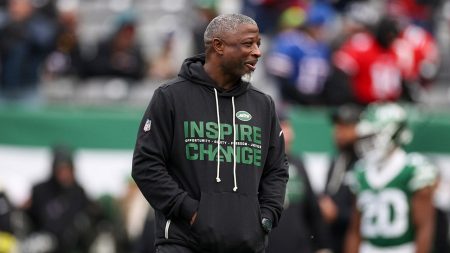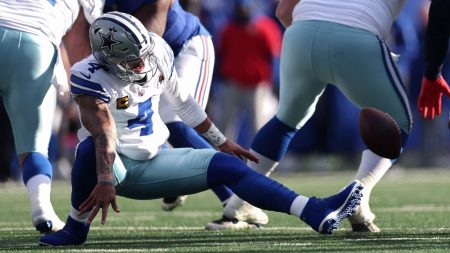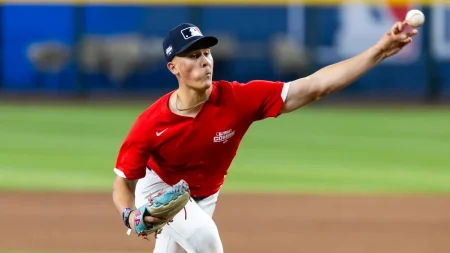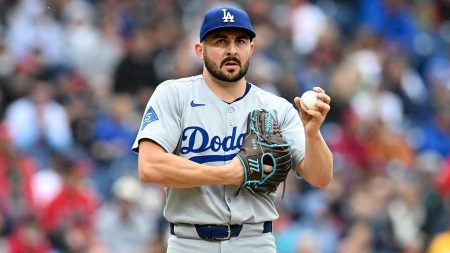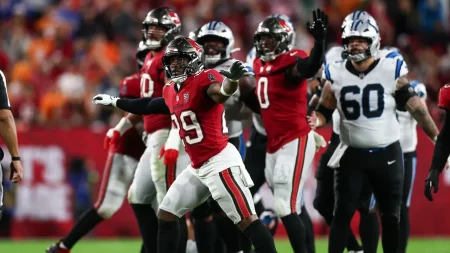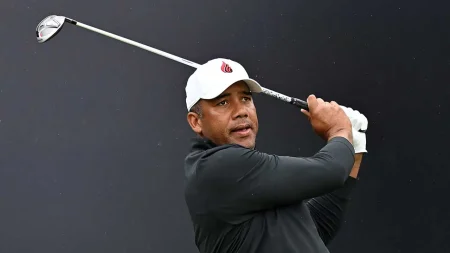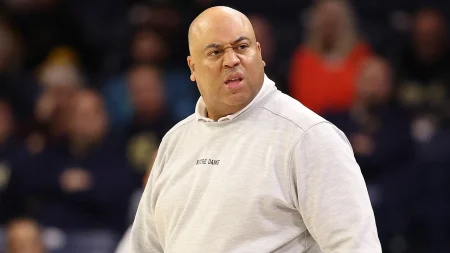On January 9th, a high school basketball game between Dover High School and Life Christian Academy in Orlando, Oklahoma, transformed from a typical competitive event into a life-altering experience. Just three minutes into the game, 16-year-old Randy Vitales of Dover High School collapsed on the court, suffering a sudden cardiac arrest. What followed was a dramatic display of quick thinking, courage, and compassion that transcended the boundaries of athletic rivalry.
Magnus Miller, an 18-year-old player from Life Christian Academy, immediately recognized the gravity of the situation. Having previously undergone lifeguard training, Miller instinctively sprang into action, taking charge of the emergency response. Utilizing an automated external defibrillator (AED) and employing his CPR skills, Miller became Vitales’ lifeline in those critical moments. His decisive actions, driven by a sense of urgency and responsibility, proved instrumental in restoring Vitales’ heartbeat before the arrival of medical personnel.
The Guthrie Fire Department unequivocally acknowledged Miller’s heroic intervention, stating that he “without a shadow of a doubt” saved Vitales’ life. Miller, however, remained humble, attributing the successful outcome to a higher power. He expressed the surreal nature of being labeled a lifesaver, emphasizing that it wasn’t solely his actions but divine intervention that played a crucial role in the unfolding events. He acknowledged the profound shift in perspective, recognizing that his presence at the game that day held a far greater purpose than basketball.
Dover Public Schools subsequently released a statement confirming Vitales’ transportation to an Oklahoma City hospital and his admission to the intensive care unit (ICU). Medical professionals determined that an abnormal heartbeat triggered the cardiac arrest. The school’s statement highlighted the significance of the rapid response by the coaches, whose training played a crucial role in stabilizing Vitales’ condition until further medical assistance arrived. The school also provided counseling and spiritual support to students upon their return, acknowledging the emotional impact of witnessing such a traumatic event.
The incident underscored the importance of preparedness and the potential for individuals to rise to the occasion during emergencies. Miller’s swift response and decisive actions, fueled by his training and innate compassion, showcased the profound impact a single person can have in a life-threatening situation. The event also highlighted the value of AEDs and CPR training in schools and public spaces, reinforcing the need for readily accessible life-saving tools and knowledge.
The story of Randy Vitales and Magnus Miller serves as a powerful reminder of the fragility of life and the extraordinary capacity for human kindness and resilience. It transcends the competitive nature of sports, demonstrating the unifying power of compassion in the face of adversity. Miller’s actions, driven by selflessness and a deep sense of responsibility, exemplify the potential for ordinary individuals to become heroes in unexpected circumstances. This incident stands as a testament to the importance of training, preparedness, and the unwavering human spirit that can emerge in moments of crisis.




